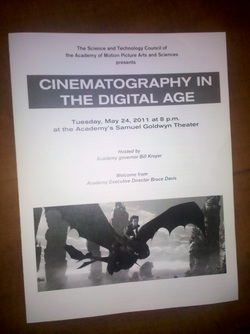
On Tuesday night at AMPAS' "Cinematography in the Digital Age" event at the Samuel Goldwyn Theater in Beverly Hills, Academy executive director Bruce Davis said that the pervasive use of computer technology has inspired the organization to reexamine all its awards categories and ask two vital questions: "Is this going to make sense at all in ten years?" and "Is this going to be a category that even ought to continue to exist?"
"I don't want to scare anybody here tonight," Davis told the crowd, "but it is a time for very serious looks at what we're doing in all kinds of disciplines."
The most obvious issue is the diminishing distinction between animated films, most of which are now made digitally, and "live action" films that make heavy use of computer-generated visual effects, which are animations by any other name, created with the same tools and techniques.
If the line between live action and animation continue to blur, "then there's really not much point in having an Animation category," Davis said, "and we'd like to keep [it]."
According to Oscar rules, to be eligible for the Best Animated Feature award, "a significant number of the major characters must be animated, and animation must figure in no less than 75 percent of the picture's running time." Director James Cameron estimated that his 2010 Best Picture-winner "Avatar" was 60% CG animation and 40% live action, which is edging close to the limit. But the rules also stipulate that movement and characters' performances be created using a frame-by-frame technique, and "Avatar" used motion capture of live actors to power its animated figures.
Davis said even actors who thought their categories would be spared the impact of the digital revolution "have woken up to fact that we as Academy voters may be asked to evaluate two very different kinds of performances in the next year." One is the traditional performance recorded by a camera; the other is the motion capture performance, "which is really a collaborative effort between himself and a team of technicians who have the ability to... change the nature of that performance," Davis said. "They can slow down a gesture [or] supply a fleeting facial expression that really wouldn't have been there with just the actor there by himself."
If any Oscar categories are altered prior next year's awards, it's unlikely it'll happen on Davis' watch. He's set to retire from the Academy on June 30th, 2011, after 30 years with the organization.
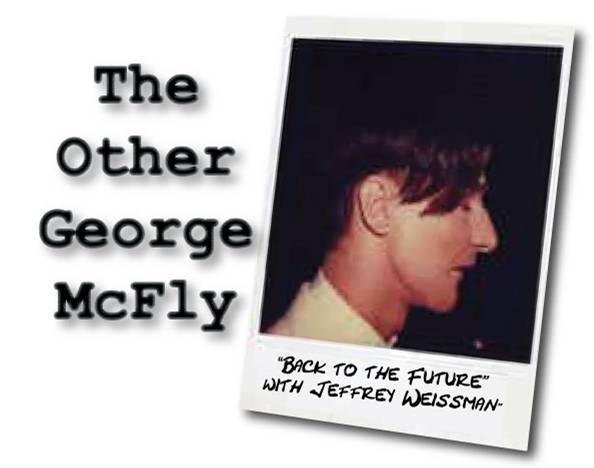
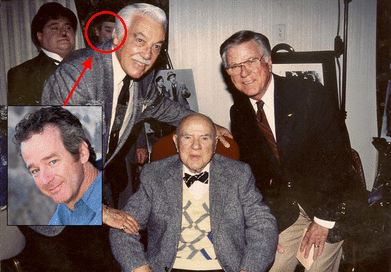
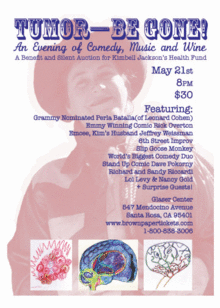
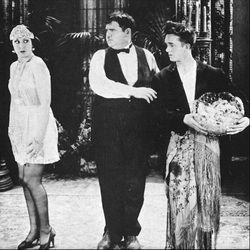
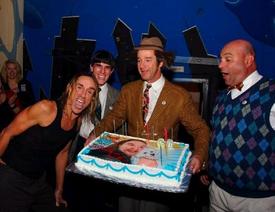
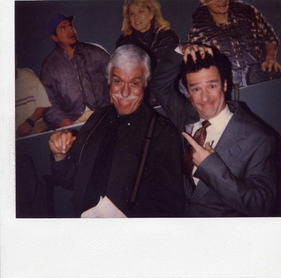
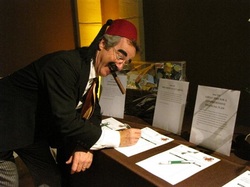
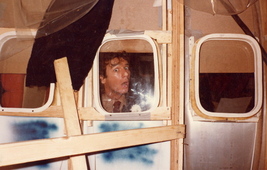
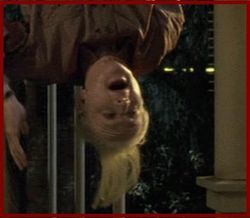
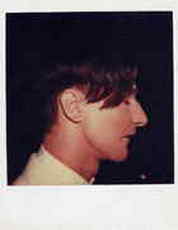
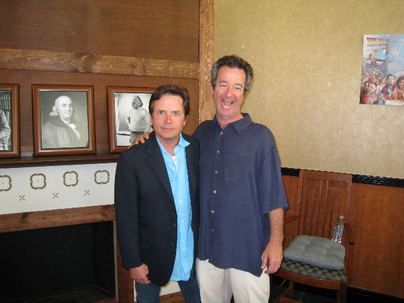
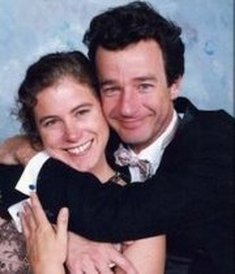
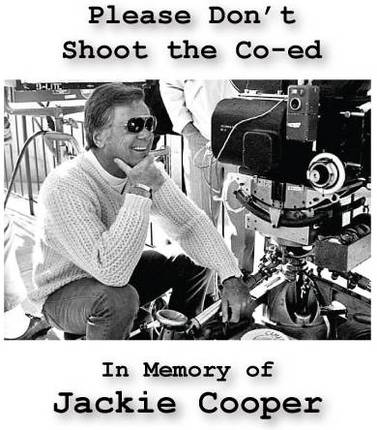

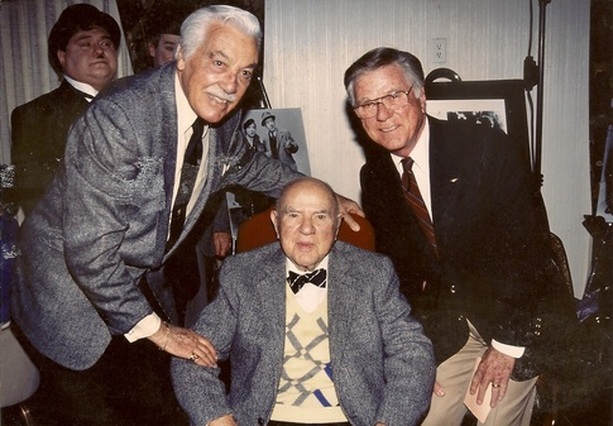
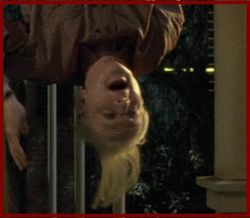
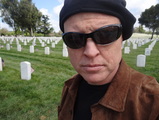
 RSS Feed
RSS Feed
